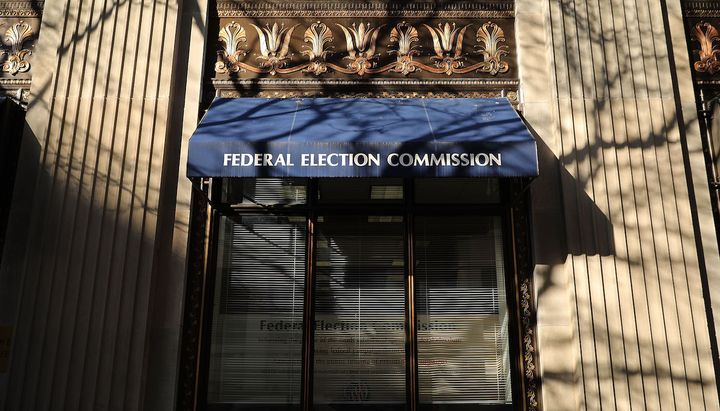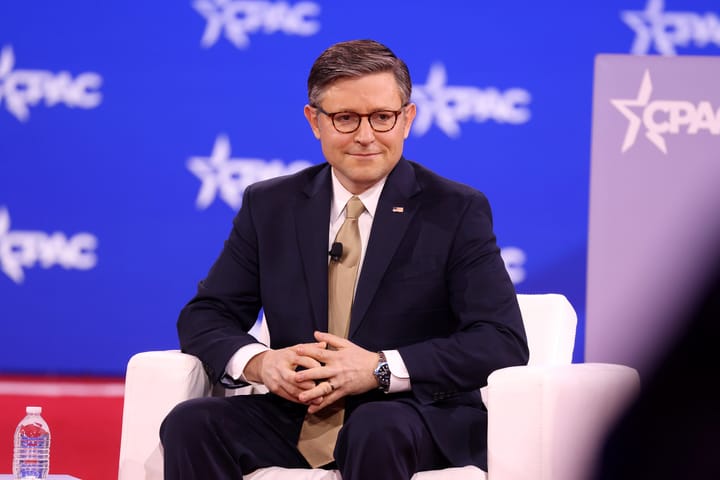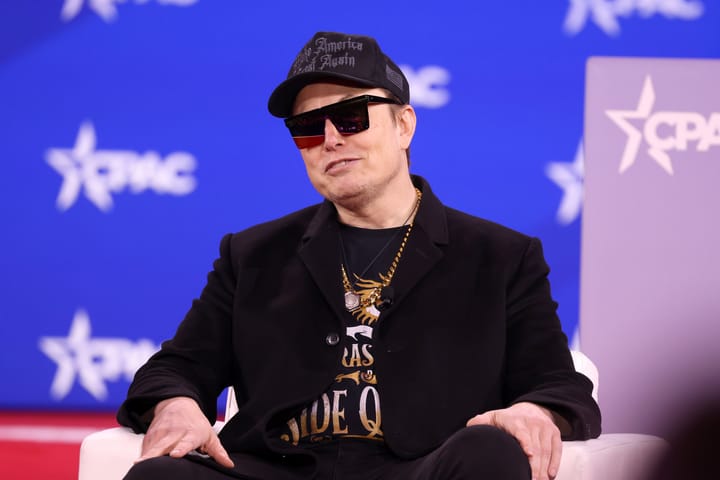The Federal Election Commission on Thursday approved an advisory opinion allowing Microsoft Corp. to offer political candidates and campaigns online security protections against possible foreign hackers free of cost, a move that could set a precedent of allowing businesses to make in-kind contributions.
The FEC concluded that Microsoft’s proposal to offer a package of “enhanced online account security services to electronic-sensitive customers” at no cost and on a nonpartisan basis wouldn’t constitute as an illegal in-kind donation because it’s not being made for political purposes.
“Microsoft would be providing such services based on commercial and not political considerations, in the ordinary course of business, and not merely for promotional consideration or to generate goodwill,” the FEC said in its advisory opinion.
With the midterm elections approaching and the investigation into foreign meddling in the 2016 presidential election still underway, the FEC acted quickly in deciding whether Microsoft can give candidates running for local, state and federal office, as well as party committees, certain nonprofits, and campaign technology vendors, access to Microsoft’s AccountGuard program.
Microsoft is not making these services available for free to non-political customers.
The approval comes weeks after Microsoft requested an opinion to ensure that its free online security package for “election-sensitive” customers doesn’t count as an in-kind campaign contribution, which companies are banned from making under long-standing anti-corruption laws.
While the advisory opinion pertains specifically to Microsoft, it could set a precedent for other companies to provide goods or services free of charge under the guise that they’re doing it for business purposes, according to the Campaign Legal Center.
“Despite the FEC’s attempt to limit its ruling to this particular situation, somebody with less beneficial motives in the future could exploit the ruling, and that would be problematic,” Adav Noti, the senior director at the Campaign Legal Center said in an interview with Sludge Friday.
“The Commission should proceed cautiously with this request, and any advisory opinion it adopts must be narrowly crafted to avoid opening the door to corporations secretly providing free goods and services to candidates simply by asserting that they have ‘business considerations’ for doing so,” the CLC said in a letter to the FEC’s acting general counsel.
By offering free services to candidates and political parties, Microsoft and other corporations are “building relationships” with the same lawmakers that regulate them. “In other words, these services serve the same purpose as contributions,” said the letter signed by Noti and Director Brendan Fischer said.
Microsoft has spent $5 million so far this year on lobbying the federal government, including work on 58 bills pertaining to technology, taxes and data privacy issues. The fate of these bills is determined by same members of Congress who could soon be getting free anti-hacking software from the giant corporation.
“They’re in it to buy influence and have friends in Congress,” Noti told Sludge in an interview Friday. “Provisions of these free services would almost certainly create some sense of indebted.”
The massive software company has spent more than $6.5 million in campaign contributions through its political action committee and employees, according to data compiled by OpenSecrets. The Senate Majority PAC, the fundraising committee tied to Democratic Senate Minority Leader Chuck Schumer, has received more than $2 million from Microsoft Corp., making it the largest beneficiary. The Forward Majority Action Super PAC, created in 2017 to support Democrats running in state legislative races, received $1 million from Microsoft.
Microsoft Corp has contributed more than $1.5 million to individual candidates through their PAC, donating roughly $1.06 million to Democrats and $424,000 to Republicans. The top recipients of Microsoft’s donations have been Democratic Senators Maria Cantrell of Washington and Cory Booker of New Jersey, who received $59,690 and $44,490, respectively, according to OpenSecrets.
A spokeswoman for Microsoft did not immediately respond to a request for comment.
While the FEC had previously denied similar requests from corporations, the commissioners have been pressed to act against foreign interference of U.S. elections as allegations of Russian interference in the 2016 election arise from special counsel Robert Mueller’s investigation.
“FEC commissioners are sometimes quite sensitive to public opinion,” Noti said, adding that if the FEC commissioners rejected Microsoft’s proposal to give away free anti-hacking software it “could have been used against them.”



